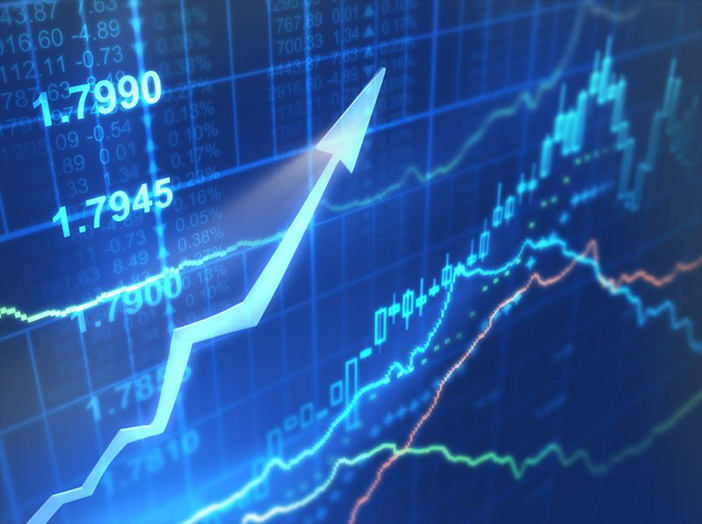|
Getting your Trinity Audio player ready...
|
(TJV) Global food prices experienced their most significant increase in a year and a half due to disruptions in trade caused by the El Nino weather phenomenon affecting agricultural-producing nations. Additionally, concerns about supplies were intensified by Russia’s withdrawal from a crucial UN-backed agriculture agreement.
According to the Food and Agriculture Organization of the United Nations (FAO), the global food index, which monitors monthly fluctuations in the international prices of traded food commodities, recorded an average of 123.9 in July. This marked a 1.3% rise from the previous month. The FAO highlighted that the surge was primarily attributed to the FAO Vegetable Oil Price subcomponent of the index:
The driving force behind this increase was a notable surge in the FAO Vegetable Oil Price Index, which saw a 12.1% escalation from June. This growth followed seven consecutive months of decline. The rise was primarily fueled by a more than 15% rebound in international sunflower oil prices. The resurgence was largely prompted by uncertainties surrounding exportable supplies due to Russia’s decision to halt the implementation of the Black Sea Grain Initiative. Concerns over output prospects in major producing countries led to increases in global prices for palm, soy, and rapeseed oils.
Furthermore, the FAO All Rice Price Index climbed by 2.8% over the month and 19.7% over the year. This was attributed to India’s ban on non-parboiled Indica rice exports, which led to expectations of higher sales from other sources. These pressures added to the already tight seasonal supplies and Asian purchases, resulting in upward price momentum.
The escalating rice prices have raised significant food security concerns, particularly for a substantial portion of the global population that is economically vulnerable and allocates a significant portion of their income towards food purchases, warned the FAO.
As we highlighted earlier in April and May, the disruptive El Nino weather pattern has been causing disruptions in the agricultural industry, and there are concerns about a substantial global rice shortage – the most significant in decades.
The increase in food prices carries the risk of triggering social instability in the weakest economies within emerging markets.




